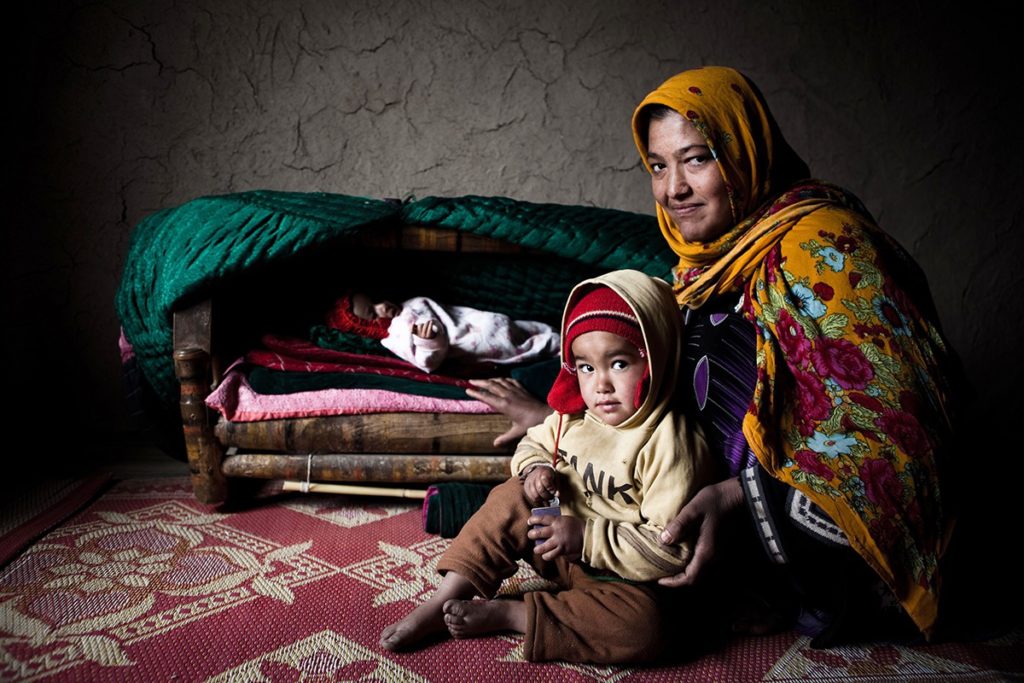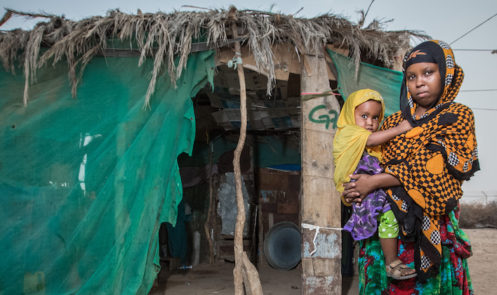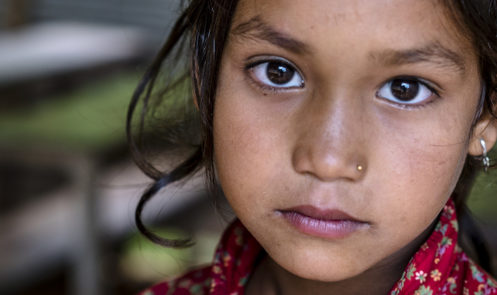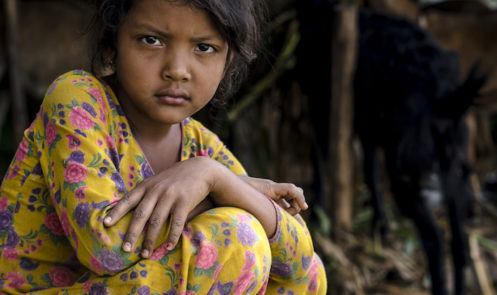Gender Equality – FR
Gender equality is a basic right for all people, including children. Save the Children believes that it is critical to directly address gender discrimination and promote gender equality in order to ensure no harm comes to children, and to advance our vision for a world where every child attains their equal right to survival, protection, development and participation.
We recognize that gender inequalities create major barriers for sustainable development, and work to ensure all our programs identify and account for the different needs, abilities and opportunities of all stakeholders, including girls, boys, women and men. Save the Children further strives to utilize gender transformative approaches whenever possible, supporting meaningful and lasting impacts in the lives of children and adolescents through working with key stakeholders to identify and positively transform root causes of gender inequality for girls and women, boys and men.
Explore Save the Children’s Gender Equality Program Guidance and Toolkit
Save the Children seeks to advance gender equality in all aspects of our work and across our organization, guided by the following 6 principles:
1) Equality as a Right
Gender equality is an essential component of a child rights approach, and of critical importance in the fulfillment of our organizational mandate. This principle is upheld by international standards articulated by the Convention on the Rights of the Child (CRC) and Convention on the Elimination of All Forms of Discrimination Against Women (CEDAW).
2) Addressing Root Causes
It is critical to identify and work to transform the root causes of gender inequality; this requires addressing social norms and institutions which reinforce gender inequalities, as well as advocating for and fostering legislation and policies that promote gender equality.
3) Holistic Approaches
Acknowledging that gender equality is about relationships, transformative gender approaches require working with whole communities, and at all levels, equally engaging female and male stakeholders in culturally-sensitive gender equality policy and program work.

4) Meaningful Participation
Girls and boys are active citizens. They must be equally engaged in dialogue around gender and have equal opportunity to participate and to promote gender equality.
5) Independent & Cross Cutting
Gender is both an independent area of focus, as well as a critical priority across our thematic areas of focus, global initiatives and breakthroughs. Gender equality must be a central focus across our work, as well as across all parts and levels of our organization.
6) Collaboration & Learning
Integrating gender analysis in our research and work opens up new insights and innovative solutions to development challenges that would not otherwise be possible without a gender-focused approach. It is essential to foster and participate in communities of practice, collaborate with organizations and stakeholders working on gender, translate what we learn into practice, and to share learnings widely.
Save the Children’s Principles for Gender Equality
Gender equality is a priority cross-cutting theme for Save the Children, and is imperative in order for all children, including those who are hardest to reach, to survive, learn and live a life free from violence.
Video: Educate a Girl
Learn about Child Early and Forced Marriage
Gender and Health guide

To address the challenges faced by women, adolescent girls, newborns and children in receiving health care and access to information and decision-making, Save the Children developed a Gender and Health Guide for front line community health workers. Download the guides below:
Gender Training for Community Health Workers in Afghanistan
Gender Training for Community Health Workers in Mali
Gender Training for Community Health Workers in Burkina Faso
Donate Now
Child Early and Forced Marriage
Child marriage is a global problem that affects millions of children, mostly girls, across the world. It has numerous adverse effects on the overall well-being of children who are mentally, psychologically, emotionally and physically unfit for married life.

Sexual and Gender-based Violence
We recognise that sexual and gender-based violence exists in all societies, is shaped by the context, and predominantly affects women and girls. We take steps to mainstream actions to prevent and respond to sexual and gender-based violence in our programming.

Gender Equality in Humanitarian Settings
Gender inequalities are often compounded in humanitarian settings and are manifested by barriers that primarily affect the ability of women and girls to claim their rights to basic services. We take specific measures through our programming to remove these barriers and build on gender-based assets.


